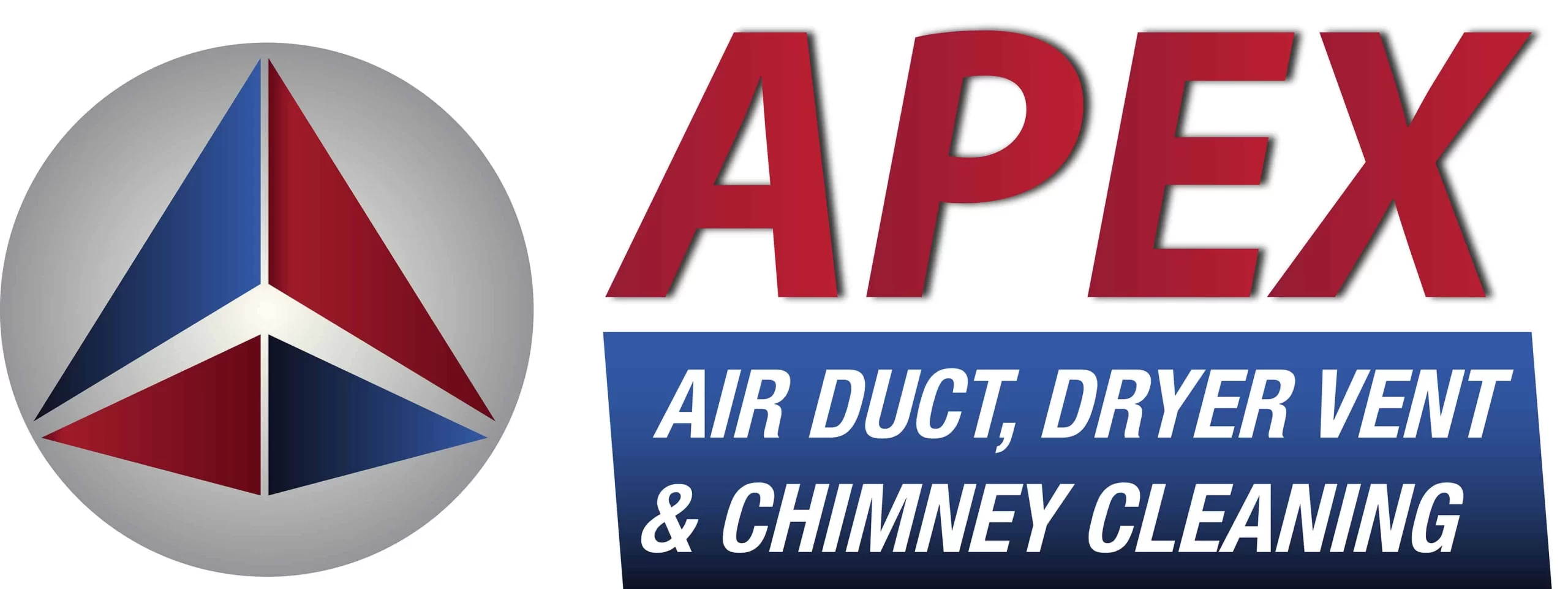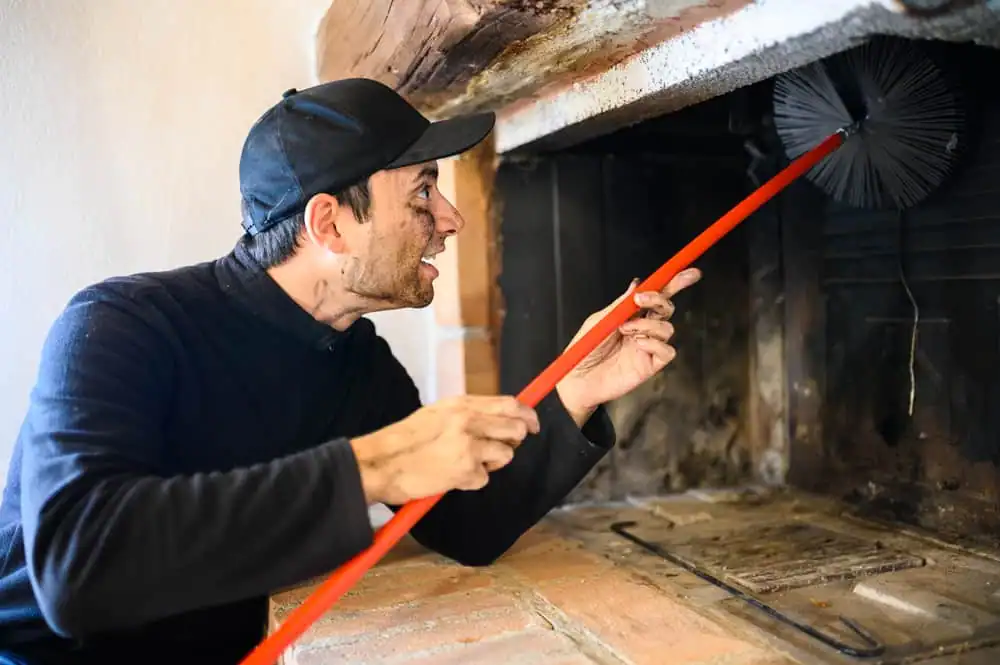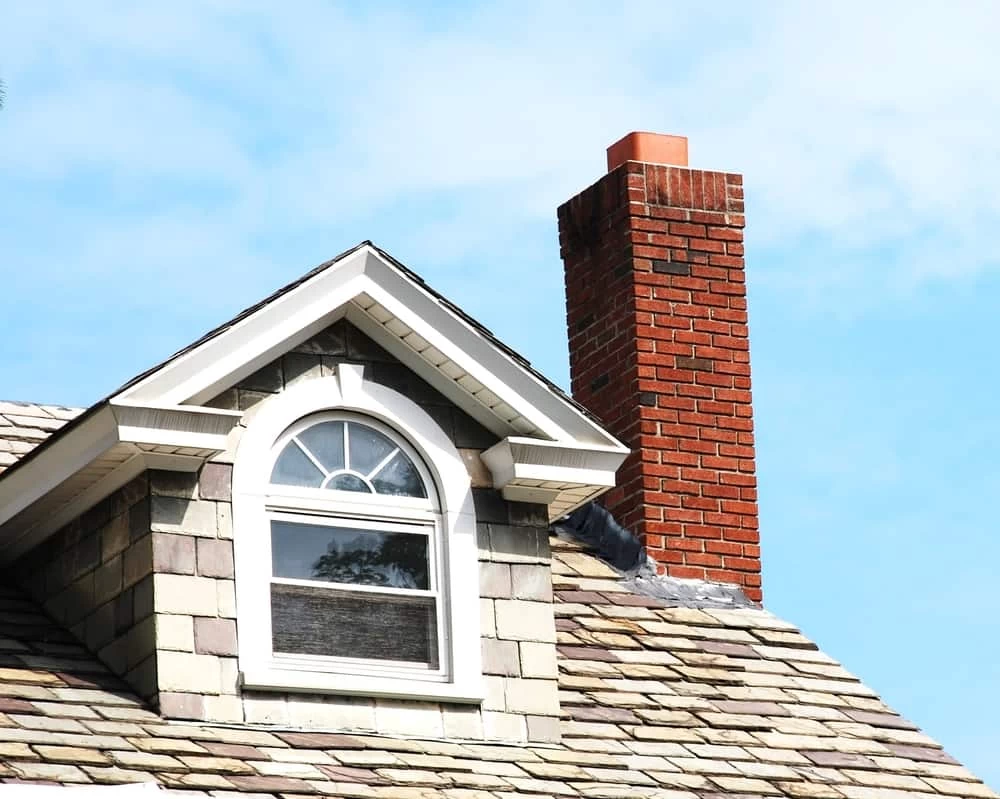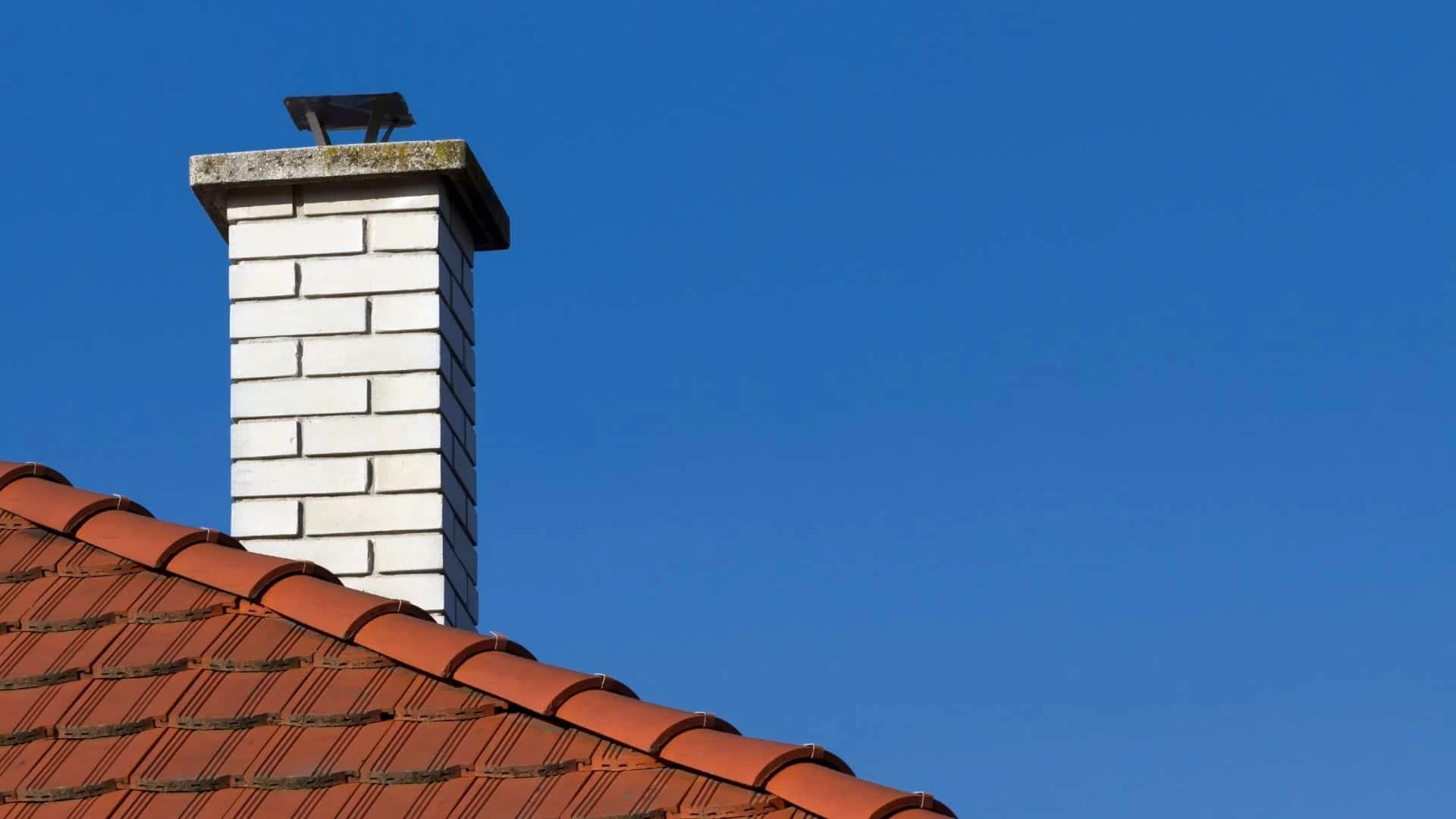Summary:
New Jersey's Legal Requirements for Chimney Inspections
New Jersey doesn’t mess around when it comes to chimney safety. State law mandates that all homeowners with chimneys must have annual inspections performed by qualified professionals. This applies to every type of system—oil, gas, and wood-burning fireplaces and appliances.
You’re also required to keep written documentation of these inspections for at least five years. This isn’t just bureaucratic paperwork; it’s your proof of compliance if questions arise during insurance claims or property sales.
What Makes NJ Different from Other States
While many states recommend annual chimney maintenance, New Jersey’s approach is more comprehensive. The state requires compliance with both NFPA standards and local building codes, creating a multi-layered safety net.
Here’s what sets New Jersey apart: no exemptions are made based on how often you use your chimney. Even if you only light a fire once or twice a year, you still need that annual inspection. The reasoning is sound—blockages, deterioration, and safety issues can develop regardless of usage frequency.
Your local jurisdiction may have additional requirements beyond state codes. Some counties and municipalities have supplemental fire codes that add extra layers of protection. This means working with a certified professional who understands not just state requirements, but your specific local codes as well.
The documentation requirement is particularly important in New Jersey. Unlike states where inspections are simply recommended, you need to maintain those records. Insurance companies and real estate transactions often require this proof, and having it readily available can save you significant headaches down the road.
Home Insurance Requirements You Can't Ignore
Your homeowner’s insurance policy likely has specific requirements about chimney maintenance, and most New Jersey insurers require annual inspections to maintain coverage. This isn’t fine print you can ignore—it’s a condition of your policy.
When insurance companies process claims related to chimney fires or damage, one of the first things they examine is your maintenance history. Without proper documentation of annual inspections, you could find yourself facing denied claims or coverage issues. Given that chimney-related residential fires cause over $6 billion in property damage annually nationwide, insurers take these requirements seriously.
The inspection requirement becomes even more critical if you’re using your fireplace or wood stove as a primary or supplemental heat source. Insurance companies view regular use as higher risk, making compliance with inspection schedules essential for maintaining coverage.
Some policies also specify the type of inspection required. While a basic visual inspection might seem sufficient, many insurers require Level 1 or Level 2 inspections that include detailed documentation and, in some cases, camera inspections of the flue interior.
Why Fall Timing Matters for New Jersey Homeowners
Fall isn’t just convenient timing for chimney inspections—it’s strategic. New Jersey’s heating season typically runs from October through March, and you want to identify any issues before you’re dependent on your heating system.
Cold weather can exacerbate existing chimney problems. Freeze-thaw cycles can worsen cracks in masonry, and increased usage during winter months puts additional stress on your entire system.
Preparing for New Jersey's Harsh Winter Weather
New Jersey winters can be brutal, with temperatures often dropping well below freezing and staying there for extended periods. Your chimney faces unique challenges during these months that make fall preparation essential.
Water infiltration is a major concern. Any cracks or gaps in your chimney system can allow moisture to enter, and when that moisture freezes, it expands. This freeze-thaw cycle can turn minor issues into major structural problems over a single winter season. Fall inspections identify these vulnerabilities while you still have time to address them before the weather turns.
Increased usage during cold months also means more stress on your system. If you’re planning to rely on your fireplace or wood stove for supplemental heating during high energy cost periods, you need confidence that your system can handle the increased demand safely.
Bird nests and debris accumulation are common issues discovered during fall inspections. Animals often seek shelter in chimneys during late summer and early fall, and their nests can create dangerous blockages. Removing these obstructions before heating season begins prevents carbon monoxide issues and improves system efficiency.
The Real Cost of Waiting Until Winter
Waiting until winter to address chimney issues isn’t just inconvenient—it’s expensive and potentially dangerous. Emergency repairs during heating season typically cost significantly more than scheduled maintenance, and you’re often dealing with limited contractor availability when everyone else is facing the same urgent needs.
Consider the domino effect of delayed maintenance: a small crack identified in fall might cost a few hundred dollars to repair. That same crack, after a winter of freeze-thaw cycles, could require extensive masonry work costing thousands. Early detection and repair protect both your budget and your home’s structural integrity.
Safety risks multiply when you’re using a compromised system during peak demand periods. Creosote buildup, the leading cause of chimney fires, accumulates more rapidly with increased usage. If your system hasn’t been properly cleaned and inspected before heating season, you’re essentially playing Russian roulette with fire safety.
Weather delays can also impact repair schedules. Roofwork and exterior chimney repairs become much more challenging once winter weather arrives. Snow, ice, and freezing temperatures can delay necessary repairs for months, leaving you with a system you can’t safely use during the coldest part of the year.
Protecting Your New Jersey Home Year-Round
Annual chimney inspections aren’t just about legal compliance—they’re about protecting your most important investment and keeping your family safe. New Jersey’s requirements exist because they work, preventing thousands of potential fires and carbon monoxide incidents each year.
The peace of mind that comes from knowing your system is safe and compliant is invaluable. When you’ve done your due diligence with proper inspections and maintenance, you can enjoy your fireplace without worry.
For comprehensive chimney inspection and cleaning services that meet all New Jersey requirements, we bring over 40 years of experience and triple certification to ensure your home stays safe and compliant year-round.





